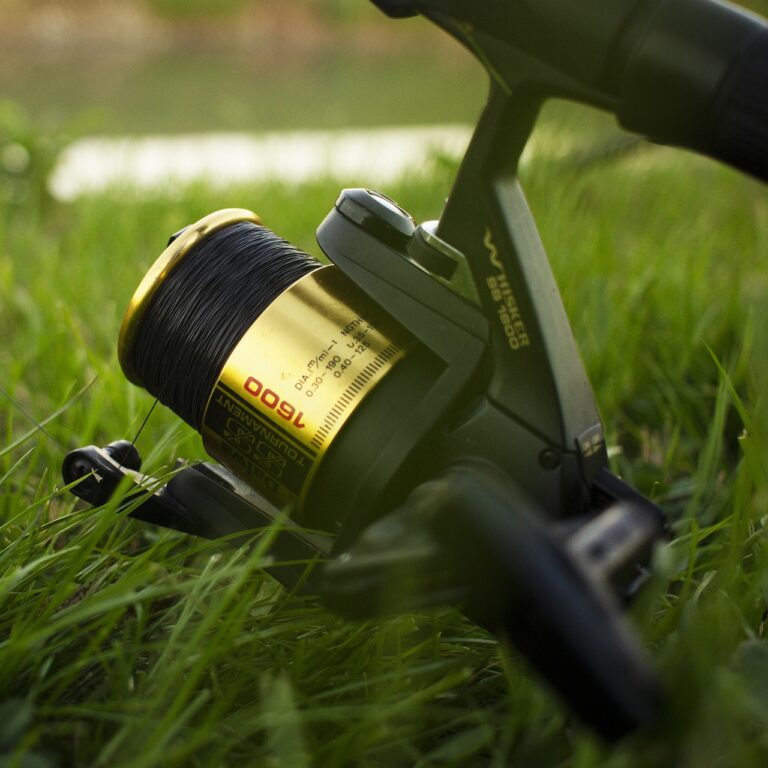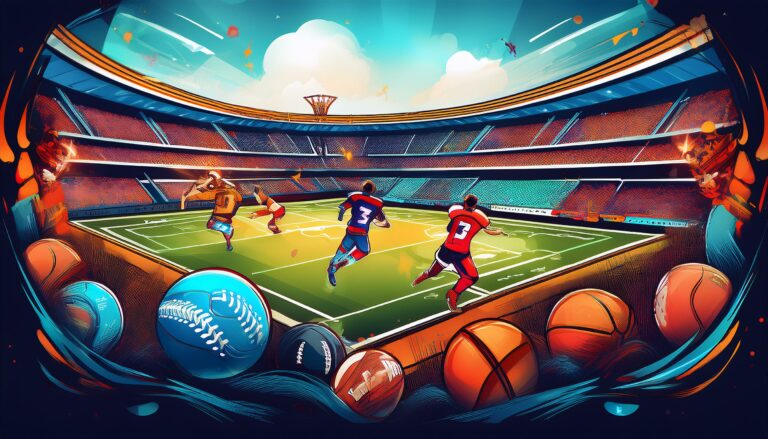Cricket and International Trade Law: Tariffs and Customs Duties on Equipment: 11xplay login, King567, Skyinplay.com login
11xplay login, king567, skyinplay.com login: Cricket is a sport that is beloved by millions of people around the world. From professional players competing in international tournaments to casual games played in local parks, cricket brings people together and fosters a sense of unity and camaraderie. However, like any other industry, the world of cricket is also subject to international trade laws, including tariffs and customs duties on equipment.
Equipment such as cricket bats, balls, pads, gloves, helmets, and clothing are essential for playing the sport. Many of these items are manufactured in countries like India, Pakistan, England, and Australia, and are exported to other countries for sale. When these goods cross international borders, they are subject to tariffs and customs duties, which are taxes imposed by governments on imported goods.
Tariffs and customs duties are designed to protect domestic industries by making imported goods more expensive, thereby giving local producers a competitive advantage. While these measures may be necessary to prevent unfair competition and safeguard jobs, they can also have a significant impact on the cost of cricket equipment for players and fans in importing countries.
For example, a high tariff on cricket bats imported from India could make them more expensive for players in countries like the United States or England. This could limit access to quality equipment and potentially hinder the development of cricket in those regions. In addition, customs duties on cricket balls or protective gear could further increase the overall cost of playing the sport, potentially discouraging new players from taking up cricket.
To navigate the complexities of international trade law and ensure affordable access to cricket equipment, manufacturers, retailers, and consumers must stay informed about tariffs and customs duties that may apply to their products. It is essential to understand the rules and regulations governing trade in cricket equipment and to seek expert advice when necessary to avoid unexpected costs and delays.
In conclusion, while cricket is a universal sport that transcends borders and cultures, it is also subject to the laws and regulations of international trade. Tariffs and customs duties on equipment can impact the affordability and accessibility of cricket gear for players and fans around the world. By staying informed and proactive, stakeholders in the cricket industry can overcome these challenges and continue to enjoy the sport they love.
FAQs:
Q: Are there any international agreements that specifically address trade in cricket equipment?
A: While there are no specific international agreements for cricket equipment, the World Trade Organization (WTO) sets general rules and guidelines for international trade, which apply to all goods including sports equipment.
Q: How can players and retailers determine the applicable tariffs and customs duties on cricket equipment?
A: Players and retailers can consult with customs brokers, trade associations, or government agencies to understand the specific tariffs and customs duties that may apply to cricket equipment in their respective countries.
Q: Can exemptions or special considerations be made for cricket equipment imports?
A: Some countries may offer exemptions or reduced tariffs for sports equipment, including cricket gear, as part of trade agreements or policies to promote sports participation and development.






